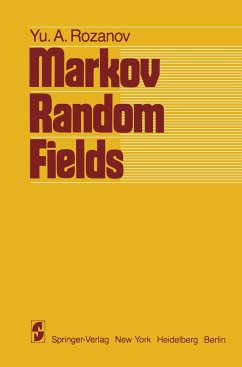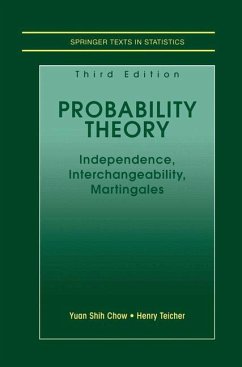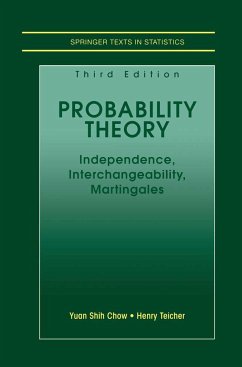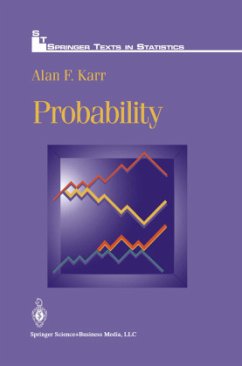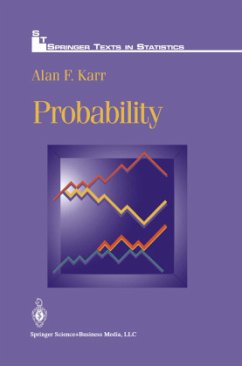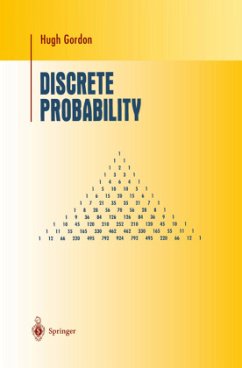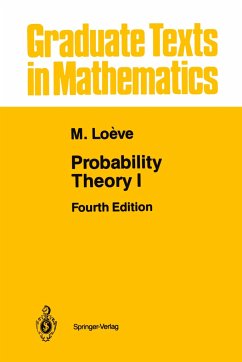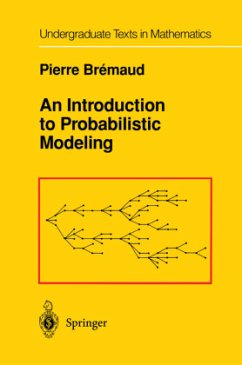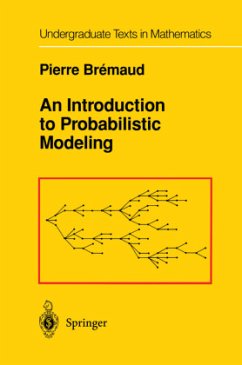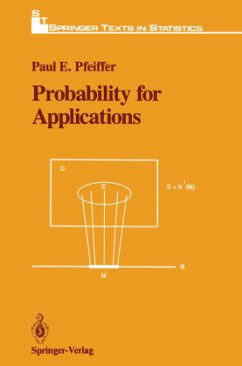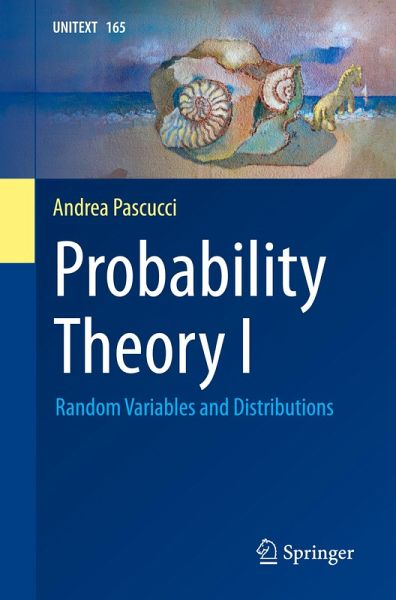
Probability Theory I
Random Variables and Distributions

PAYBACK Punkte
21 °P sammeln!
This book provides a concise yet rigorous introduction to probability theory. Among the possible approaches to the subject, the most modern approach based on measure theory has been chosen: although it requires a higher degree of mathematical abstraction and sophistication, it is essential to provide the foundations for the study of more advanced topics such as stochastic processes, stochastic differential calculus and statistical inference. The text originated from the teaching experience in probability and applied mathematics courses within the mathematics degree program at the University of...
This book provides a concise yet rigorous introduction to probability theory. Among the possible approaches to the subject, the most modern approach based on measure theory has been chosen: although it requires a higher degree of mathematical abstraction and sophistication, it is essential to provide the foundations for the study of more advanced topics such as stochastic processes, stochastic differential calculus and statistical inference. The text originated from the teaching experience in probability and applied mathematics courses within the mathematics degree program at the University of Bologna; it is suitable for second- or third-year students in mathematics, physics, or other natural sciences, assuming multidimensional differential and integral calculus as a prerequisite. The four chapters cover the following topics: measures and probability spaces; random variables; sequences of random variables and limit theorems; and expectation and conditional distribution. The text includes a collection of solved exercises.



